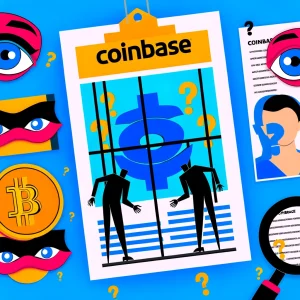TL;DR Breakdown
- Bitstamp users query exchange new KYC regulation.
- Netherland exchange fumes at authorities KYC regulation.
Bitcoin Marcus, a Bitstamp user, has queried the Netherland exchange firm about why they have become stricter with their Know-Your-Customer regulations before users can withdraw their funds.
The exchange firm has demanded additional KYC compliance for Dutch-based users asking that Netherland users have until the end of January to give this information and verify necessary documents; otherwise, their accounts would be suspended.
Bitstamp users are required to provide information about their net worth, nationality, and proof of residence. The other documents the exchange firm requires include a source of funds of users, both fiat and crypto.
The exchange firms’ KYC regulations are making it mandatory for customers to reveal sensitive personal information like their salaries and investment proceeds.
The information are added to the previous order where users were forced to whitelist their third-party withdrawal addresses with photographic evidence showing proof of ownership of such wallets.
Today @Bitstamp has gone even further than the law requires. They now want me to:
— Plan Marcus ⚡️🧡🍀 (@plan_marcus) January 25, 2021
– show them how much I earn
– show them where I got my #bitcoin from
– proof of funds
Seriously!! WTF!! And I can’t withdraw and leave so must comply.. pic.twitter.com/ze4ixNJJyd
Bitstamp responds to these claims
In response to Bitcoin Marcus, the firm claims that the process is required for Netherland users owing to new crypto regulations by the government of the country.
Bitstamp acknowledges that the new KYC steps could pose inconveniences for customers as they urged users to contact the Central Bank regarding the issue.
The country provided new crypto requirements in 2019, enforcing the new requirements in 2020. Crypto firms in the country have also reacted to these new moves as Bitonic, an exchange firm in Netherland, described the regulation as a nuisance.
Personal financial information demanded by these crypto firms could pose a security risk as individuals and exchanges have been victims of malicious cyber incursions that expose users’ data.
However, Bitcoin Marcus, who posed a query, said the exchange firm is bending backward to satisfy authorities and the country’s central bank. He said only exchange firms based in the Netherlands require this KYC information.





